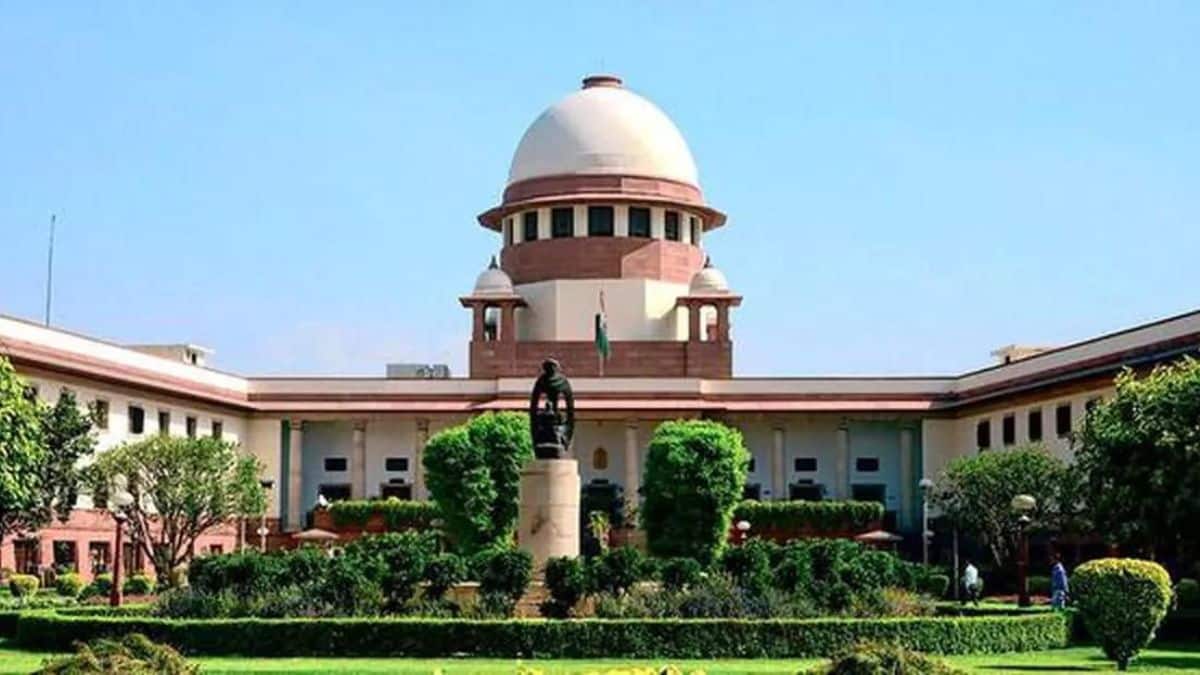The Supreme Court of India has ruled in favour of Vodafone Idea, affirming that the telecom giant is not required to deduct tax at source (TDS) on interconnectivity usage and bandwidth charges paid to non-resident telecom operators. The ruling dismissed a petition filed by the Income Tax Department, which had challenged Vodafone Idea’s tax practices concerning these payments.
The case centred on whether Vodafone Idea, one of India’s largest telecom service providers, should have been withholding TDS on payments made to foreign operators for interconnectivity and bandwidth services. The Income Tax Department argued that such payments should be subject to TDS under Indian tax laws. However, Vodafone Idea contended that these charges do not fall under the purview of TDS requirements, as they pertain to services rendered by non-residents outside the Indian tax jurisdiction.
The Supreme Court’s decision reinforces Vodafone Idea’s stance, clarifying that payments for interconnectivity and bandwidth, when made to non-resident entities, do not necessitate TDS deductions. This ruling is expected to have significant implications for the telecom sector, particularly for companies engaged in international transactions.
Industry experts view the ruling as a critical precedent that could influence similar cases involving tax liabilities for multinational businesses. The decision is likely to provide clarity for other telecom operators and international companies navigating complex tax obligations in India.
Vodafone Idea has welcomed the Supreme Court’s judgment, which is seen as a victory in its ongoing efforts to streamline its financial and operational practices. The company has expressed relief over the legal certainty provided by this ruling, which it believes will help in reducing compliance burdens and financial liabilities associated with TDS.

